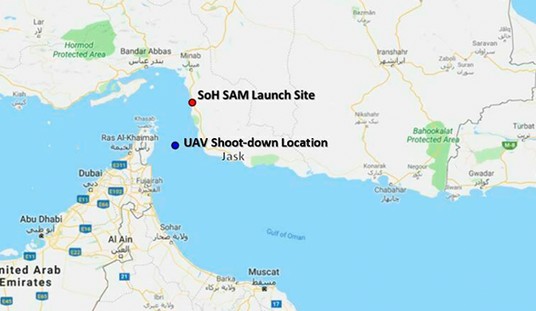Yesterday, FCC chair Julius Genachowski gave a speech in which he proposed greater government regulation of the Internet, calling it a “modified” Net Neutrality plan. Conservatives immediately lined up in opposition to any further regulation, while the Left issued recriminations over the dilution of Net Neutrality:
The chairman’s modified proposal was seen as decidedly more friendly to business interests than a proposal he outlined in October 2009, but Republicans on Wednesday were already promising oversight hearings and legislative action early next year if the Obama administration endorsed it.
Critics see the net neutrality push – even a watered-down version – as a government power grab and a threat to the major telecommunications companies such as Comcast and Verizon who are building the nation’s fast-growing broadband and smart-phone networks. ….
Mr. Genachowski said Wednesday his proposal would forbid major Internet broadband providers from secretly blocking or interfering with “lawful Internet traffic.”
But in a concession to broadband providers, the chairman’s new proposal, which will go before the rest of the commission on Dec. 21, would allow the industry to continue to charge higher rates for higher levels of access and gives the companies the right to continue to limit access as needed to better manage the demands on their networks.
The proposed new regulations also backed away from earlier plans to extend control over the mobile phone industry.
Like most compromises, this has plenty to irritate everyone. The timing of the proposal is suspect as well, coming as it does before the House reverts to Republican control, although Genachowski argued that an FCC board vote doesn’t preclude Congressional action in either direction. Coming out of the midterm elections in which voters appeared to signal anger over rapidly-expanding regulatory regimes, though, the vote would be seen as an act of defiance that could energize Obama’s opponents even further than they already are.
Brett Swanson, who writes about technology issues for Forbes and the WSJ, declares Genachowski’s proposal “not terrible,” and that it will be the high-water mark in this administration on government intervention:
Many of us have long questioned whether formal government action in this arena is necessary. The Internet ecosystem is healthy. It’s growing and generating an almost dizzying array of new products and services on diverse networks and devices. Communications networks are more open than ever. Facebook on your BlackBerry. Netflix on your iPad. Twitter on your TV. The oft-cited world broadband comparisons, which say the U.S. ranks 15h, or even 26th, are misleading. Those reports mostly measure household size, not broadband health. Using new data from Cisco, we estimate the U.S. generates and consumes more network traffic per user and per capita than any nation but South Korea. (Canada and the U.S. are about equal.) American Internet use is twice that of many nations we are told far outpace the U.S. in broadband. Heavy-handed regulation would have severely depressed investment and innovation in a vibrant industry. All for nothing.
Lots of smart lawyers doubt the FCC has the authority to issue even the relatively modest rules it outlined today. They’re probably right, and the question will no doubt be litigated (yet again), if Congress does not act first. But with Congress now divided politically, the case remains that Mr. Genachowski’s proposal is likely the near-term ceiling on regulation. Policy might get better than today’s proposal, but it’s not likely to get any worse. From what I see today, that’s a win for the Internet, and for the U.S. economy.
Swanson notes that the idea of reclassifying Internet service as a telecom has died, and most of the worst of the Net Neutrality proposals have died along with it. (He has more on this at Digital Society.) That would have made the Internet a public utility even though it exists as a collaboration of many private networks, accessible through providers who compete for business in both the wired and wireless contexts. That also would have given the FCC an entrée to dictate pricing, resource sharing, and any number of varieties of mischief that would seriously impact innovation, investment, and expansion.
What’s left is still mainly unneeded and potentially damaging oversight, but not on the order of what Barack Obama and Genachowski pledged in 2008 and 2009. With Republicans taking over the House and the budget for the FCC, it’s the worst damage they can do — and thanks to the nature of the compromise, may not get any votes on the FCC board anyway, other than Genachowski’s. Anything done will almost certainly get challenged again, and Congress will eventually proscribe the FCC’s authority on the Internet explicitly or through the budget process.
It appears a bullet has been dodged.








Join the conversation as a VIP Member